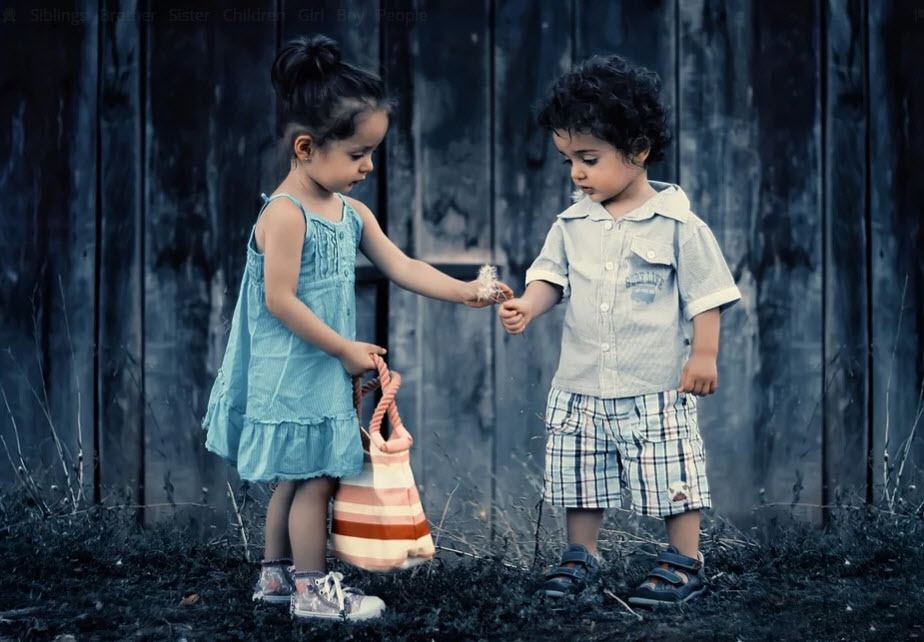What Kids Actually Need Most From You

I always say to people, you get the first three years right, you can relax. If you don't get the first three years right you will be practicing remedy parenting for decades.
Parents are taught not to pick up their kids when they're crying. Let them sleep it out.
What lesson do they get? Their emotions don't matter.
Children need to attach.
They need to connect with somebody, cause without that connection, they don't survive. In the hunter gatherer bands where human beings evolved, those attachments were with adults. And not just one adult or two adults, but with a whole set of nurturing adults.
We've deprived the kids of the parental presence for the most part. A child's brain can't handle an attachment void and in the absence of the parent or the nurturing adult, the child will fill that void with the peer group. And the peers become their models and their mentors and their templates for how to be, how to walk and how to talk.
And as that happens, the kids push away from the parents because they're more minded to belong to the peer group, which has different values from the parents. And the kid's brain can't handle that competition, so the brain of the child will actually choose the peer group over the parent group. And where that goes, you can see on Facebook and you can see it in the teenage gangs and you can see it in the increasing frustration of parents who've lost a part of parent. These parents think that that part of parent comes from the fact that they have the responsibility and the strength and their wisdom. It doesn't come from that. The part of parent comes from the desire of the child to belong to you.
When the child is driven to belong to the peer group, because we've taken him out of his natural context, we lose the authority. So we become authoritarian and the more authoritarian we become, the more pressure we put on, the more they resist. And then we labeled them with oppositional defiant disorder and we call them bad and naughty kids. All they're doing is acting out their attachment dynamics.
The essential template for the emotional development of the child, as well as for the brains healthy physiological development is a nurturing relationship with neutral, responsive adults. That means that every time I use the relationship against the child will actually undermine the child's development because it makes the child insecure and kids in state of insecurity or in defensive flight or fight mode in which mode they don't learn anything. They just are defending.
So I have a two year old who's angry and most psychologists and pending extroverts will tell you timeout. You know what they're telling you is withdraw the relationship from the child as a way of threatening the child. And that threat will make the child comply with you. Well, the child may temporarily comply with you, but what have you taught her? You've taught her that the relationship is conditional, but their only acceptable to you if they please you.
That relationship are unstable and unreliable, that you're not available for them when they're most upset. And you say to them, bring your most unhappy, that's when I'm at least available to you. And this is how parents are taught to parent. Just the opposite of what any loving parent wants to teach.
I was always waiting for my kids to grow older when I couldn't intellectually engage them, and now we'll have something in common. But the sheer state of being I could never achieve with them. So the communication happens on a much deeper level. The real relationship doesn't depend on words. It depends on the capacity to be with. I welcome your presence and I welcome you to exist in my presence.
And I'm overjoyed to have you in my presence. That's what the child needs from a parent.
